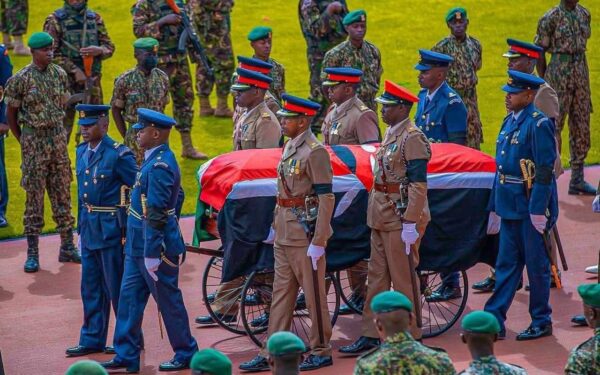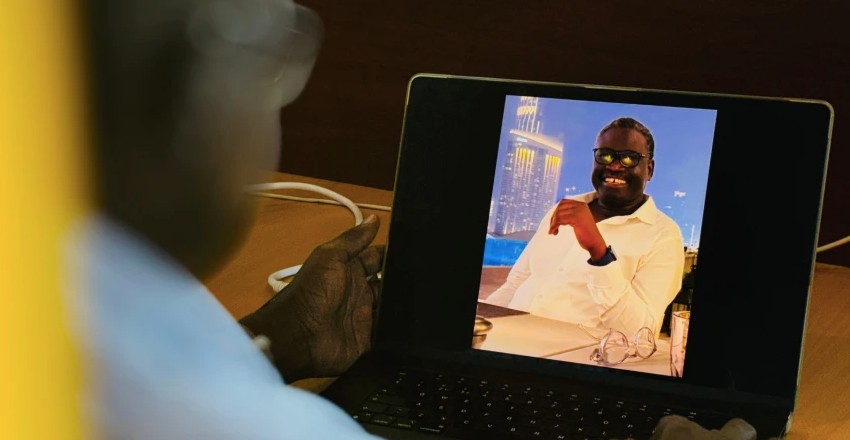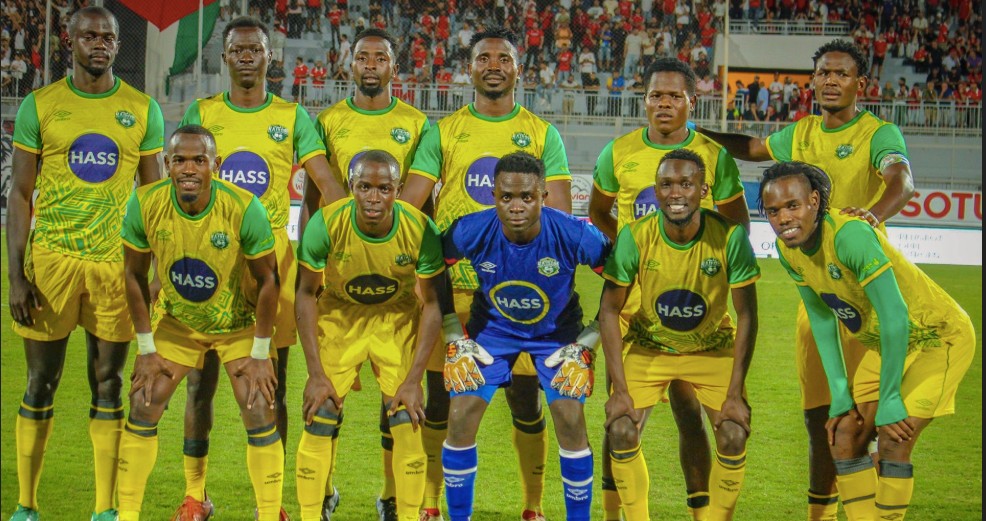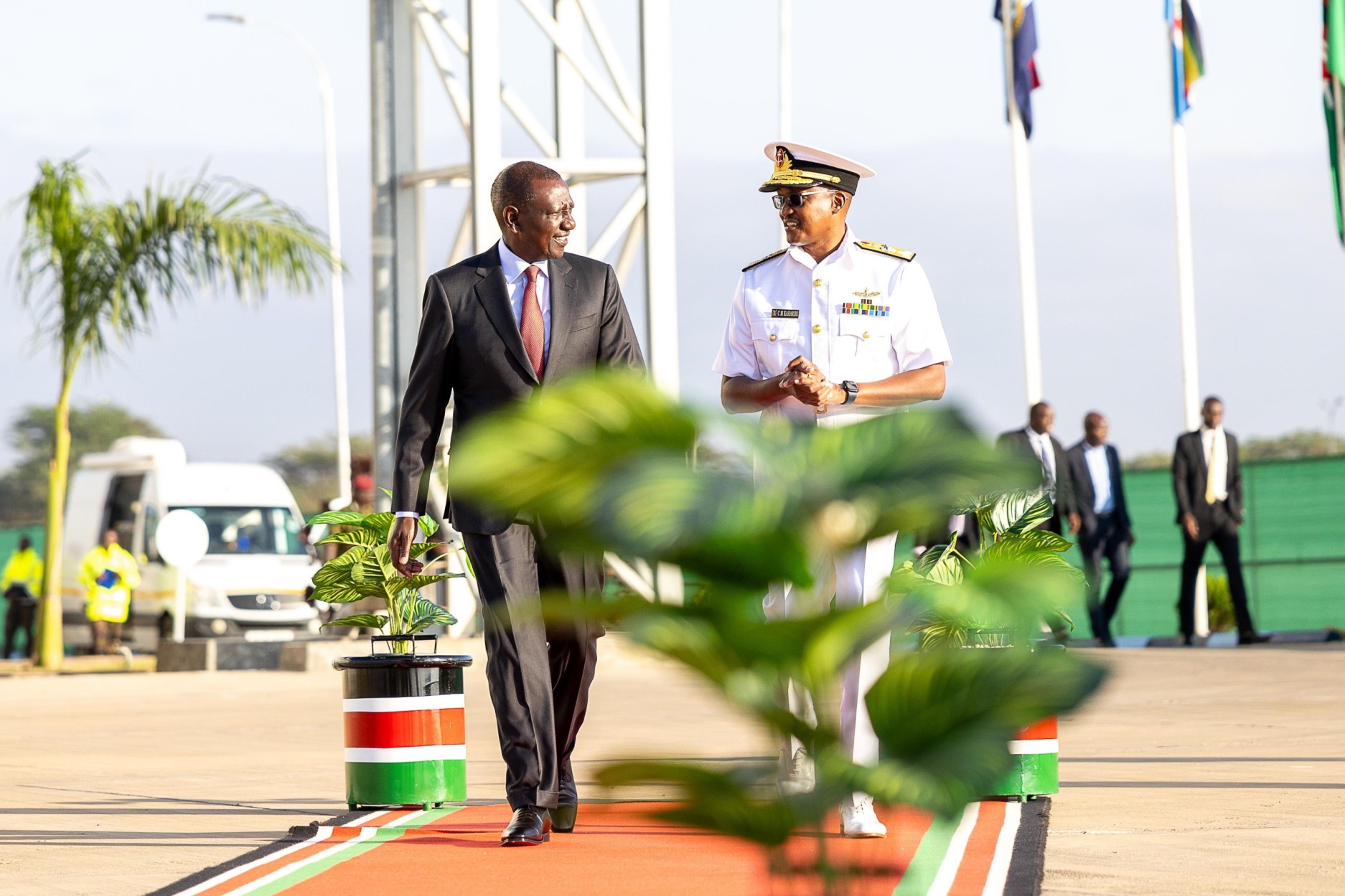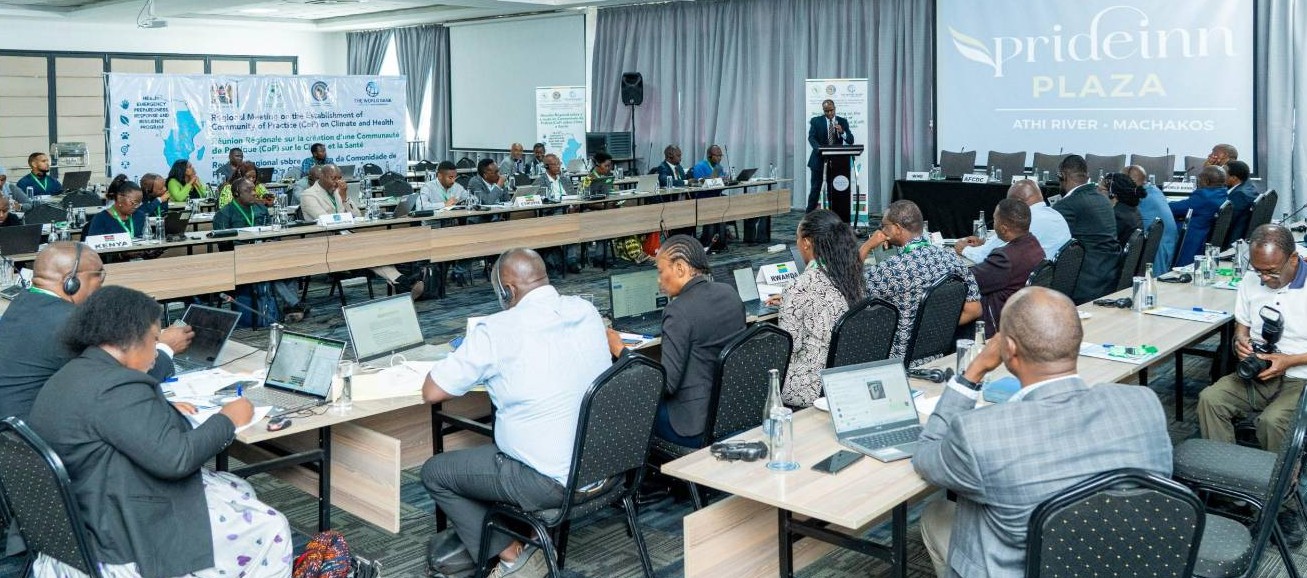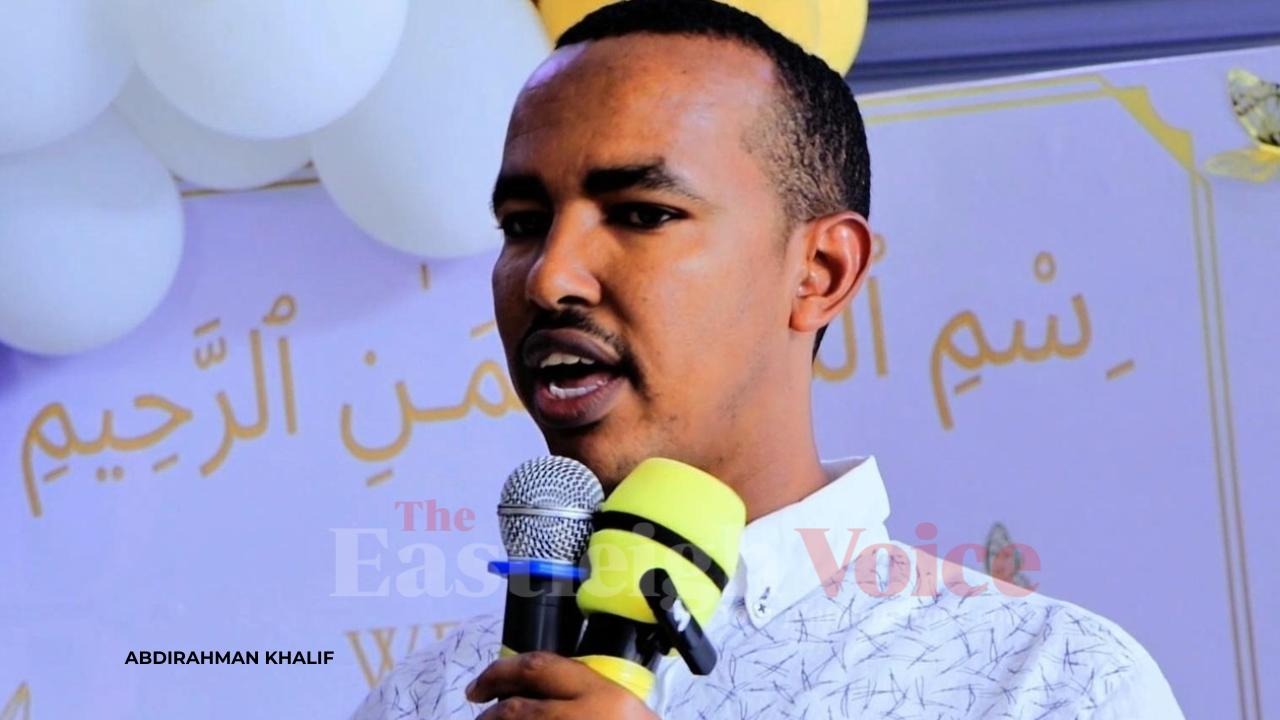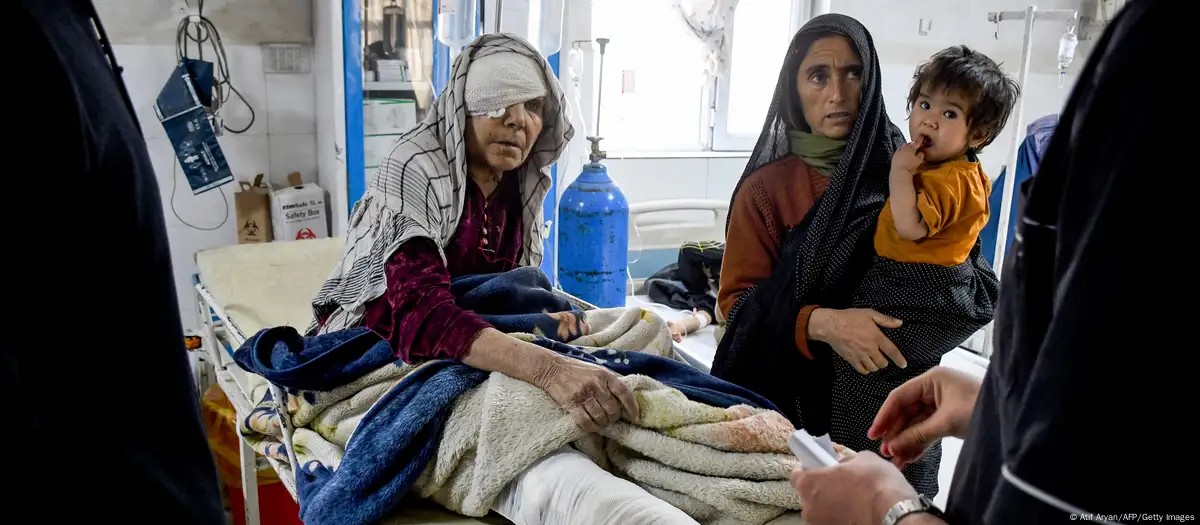Tanzania’s 2025 polls undermined by intimidation and restrictions, SADC report finds
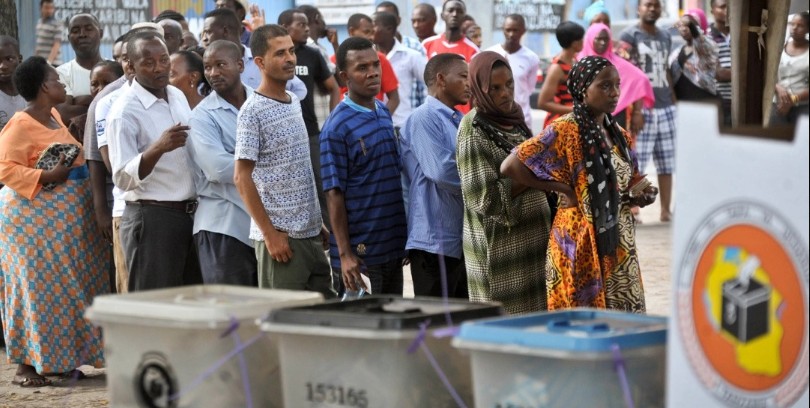
SADC’s preliminary report faults Tanzania’s 2025 General Election for voter intimidation, restricted media coverage, and barriers that prevented many citizens from freely expressing their political will.
The Southern African Development Community (SADC) has rated Tanzania’s 2025 General Election below its expected democratic standards, citing barriers that prevented many voters from freely expressing their political will.
In its 18-page preliminary statement, SADC noted that although the country remained largely calm during the polls, issues such as voter intimidation, restricted media coverage, and challenges faced by election observers undermined the credibility of the process.
More To Read
- Tanzania votes amid tightening political space, CCM dominance
- Tanzania’s ruling party has crushed the opposition - the elections are a mere formality
- Tanzania’s social media clampdown and the elections – what’s at risk
- Kenyan activist Mwabili Mwagodi missing, reportedly abducted in Tanzania
- Tanzanian opposition leader Tundu Lissu leads own defense in treason trial, slams case as baseless
- Tanzania pushes back as UN raises alarm over repression ahead of elections
The SADC Electoral Observation Mission (SEOM), led by Malawi’s Richard Msowoya, reported that in most areas, voters “could not express their democratic will” and that the elections “fell short of the requirements of the SADC Principles and Guidelines Governing Democratic Elections.”
The two-day polls were held on October 28 and 29, 2025, with observers deployed across 27 of Tanzania’s 31 regions.
Observers faced difficulties
According to SEOM, observers faced difficulties engaging with key stakeholders. It noted that officials from the Independent National Electoral Commission (INEC) demanded Introduction Letters in addition to Accreditation Identification Cards before consultations, while others refused to cooperate and redirected observers to the Ministry of Foreign Affairs and East African Cooperation.
In Tanga Town, observers were reportedly subjected to aggressive questioning by security forces, had official documents seized temporarily, and were forced to delete election-related photographs from their devices.
Despite these challenges, the Mission observed that most polling stations were calm, well-organised, and free of campaign materials. About 70 per cent of the stations had no campaign posters, and 96 per cent were adequately laid out.
The report also noted that the majority of polling stations opened on time, with voter registers displayed as required.
"The presence of police was observed at 96 per cent of the polling stations. The Mission noted that in 88 per cent of the polling stations observed, the police were not armed. In some polling stations, they were more than the number of voters. In Dar Es Salaam, the Mission noted the heavy presence of the police and some major roads were closed. 89 per cent of the polling stations observed were accessible to all voters, including people with disabilities. In 96 per cent of the polling stations observed, essential election materials were available in the correct quantity before opening," reads the report.
Stacked ballots
However, SEOM expressed concern over reports of stacked ballots suggesting multiple voting, which raised doubts about the integrity of the process.
The Mission further noted that efforts to monitor vote counting and closing procedures were hindered by internet outages and sporadic incidents of violence, limiting its ability to fully assess the elections during the crucial final stages.
SEOM urged the government to review constitutional provisions to allow independent candidates, enable judicial review of presidential results, ensure timely accreditation of observers, and implement gender policies to increase women’s political participation.
“In most areas, voters could not express their democratic will. Overall, the 2025 General Election… fell short of SADC democratic requirements," Msowoya said.
Avoid violence
He appealed to Tanzanians to raise any concerns through legal channels and avoid violence.
Msowoya emphasised that SADC guidelines require member states to “facilitate the observation of the entire electoral cycle… including deployment of Goodwill Missions, Long Term Observers, Short Term Observers and pre-election assessment processes.”
"The Mission observed that the country was calm and peaceful during the pre-election period and most of the election day, save for isolated incidents towards the closure of the voting. The Mission further observed incidents or threats of violence during voting, closing and counting processes in some areas. Some stakeholders attributed the calmness to a coordinated schedule that was developed by the INEC for political rallies to ensure that there is no clash or friction between political parties in their campaigns. These actions undermine the multi-party system by removing legitimate competition, creating an uneven playing field and discouraging voter participation,” reads the report.
The elections were overseen by the INEC and the Zanzibar Electoral Commission (ZEC). Observers commended the voter registration process, which recorded 37,655,559 registered voters — 50.31 per cent women and 49.69 per cent men — a 26.55 per cent increase from the 2020 elections.
Electoral reforms
However, stakeholders raised concerns over the absence of comprehensive electoral reforms and constitutional provisions that bar judicial review of presidential results. Article 41(7) prohibits courts from challenging presidential outcomes, which SEOM said contradicts SADC principles on electoral justice.
Further concerns were raised over early voting for security personnel in Zanzibar and the independence of electoral commissions, whose members are appointed by the President, who also chairs the ruling party.
The Mission also noted that only three of the 17 presidential candidates were women, attributing the imbalance to limited campaign resources, patriarchal norms, and cultural attitudes that also hinder youth participation.
"Only 49,174 registered voters were persons with disabilities," reads the report.
Voter education
While SEOM praised the efforts of youth and women-led organisations in promoting voter education through radio, television, music, role play, and tailored programmes, it said reduced funding, late accreditation of organisations, and the exclusion of some civil society groups may have undermined the quality of voter education.
The Mission further raised alarm over restricted media freedom and limited access for opposition parties.
“The media space was more restricted than during the previous elections,” the SEOM report states, citing self-censorship and limited visibility of opposition campaigns.
The Mission comprised 80 members — 66 observers from 10 SADC member states, 13 SADC Secretariat staff, and one SEAC member — deployed in 25 regions, including Dar es Salaam, Arusha, Dodoma, Geita, Kilimanjaro, Mbeya, Zanzibar, and Tanga.
Top Stories Today
